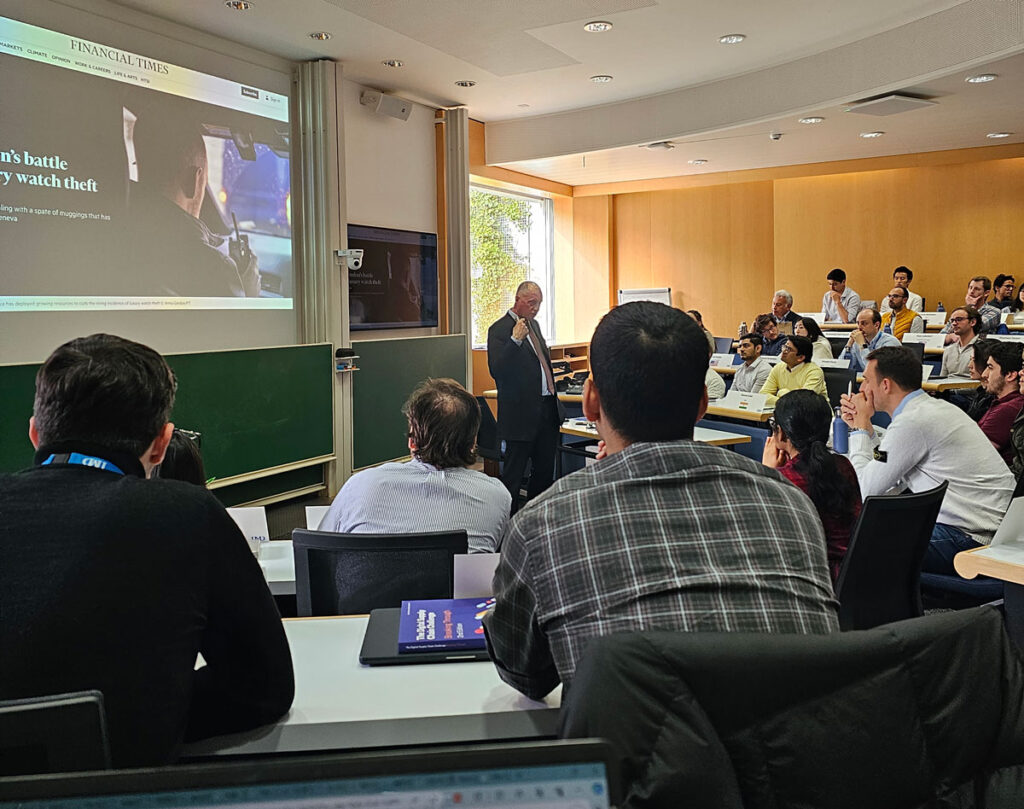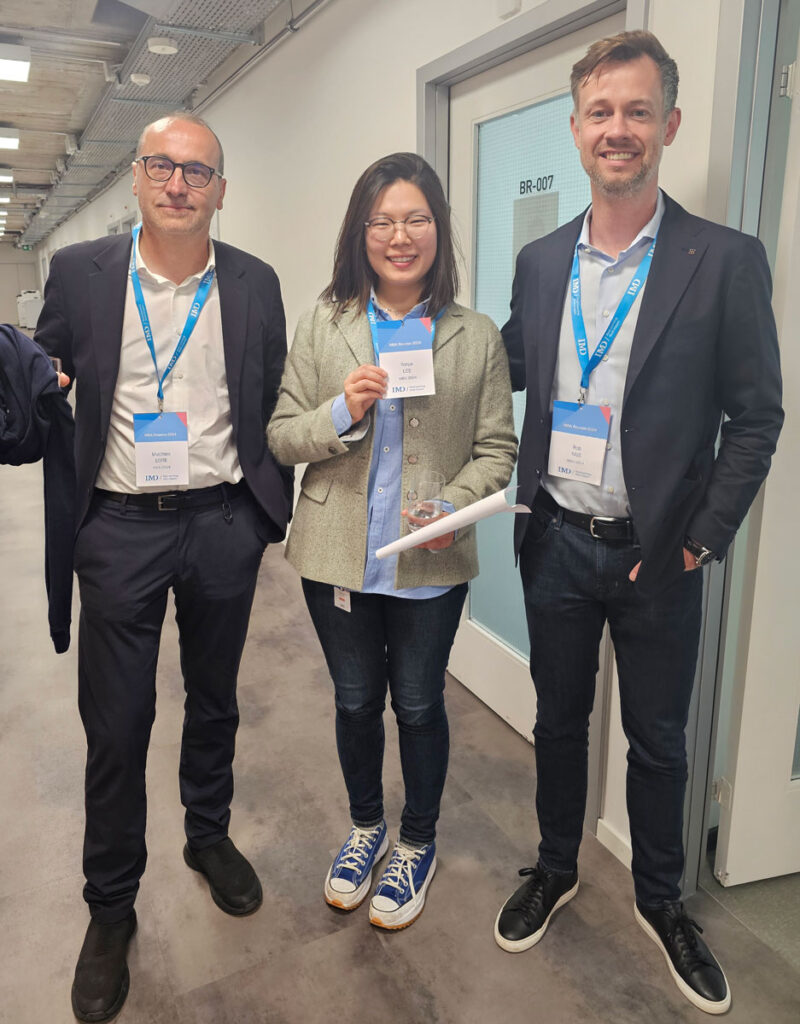Networking, by dictionary definition, means “the exchange of information or services among individuals, groups, or institutions” and especially “the cultivation of productive relationships for employment or business”.
Job searching from Korea was mainly done through official company websites, and, for seniors, companies would come to school and give pitches. At the end of the school year, graduates would be hired en masse and start their career journey together as spring or autumn cohorts.
Yet, my experience was different. My dream job was at a global pharmaceutical company that recruited students off-cycle. Job posts were posted on job sites and on-and-offline school bulletins, yet students usually found jobs through official routes. This was how I landed internships at IQVIA and Guerbet. However, recalling my past, I realized it was my network that had led me to the permanent position I needed.
Before taking a fixed-term internship position in Guerbet, I was interviewed for the marketing internship role at Ecolab. I did not get it, and I let it slide; dealing with corporate job rejection was a virtue that students had to learn back in 2017. However, six months later, I had a call from the interviewer from Ecolab to ask if I was interested in trying for a marketing coordinator position. A month later, the interviewer became my manager. I asked her why she had chosen to contact me and pick me to work with her, and she told me that it was my attitude and energy that she remembered from our interview that reminded her to contact me.
Fast forward four years, and I am here at IMD to learn about not only business acumen, but also other (not business-related but crucial to life) qualities such as leadership, relationships, time management, and networking. In the Business Dating and LinkedIn Optimization class with Dominique Gobat, organized by the Career Development Center, we learned that networking is important to tap into the hidden job market. In her class, Power & Influence, Professor Zhike Lei mentioned that an effective network not only gives social capital and power but also benefits, including access to privileged information. More and more, faculties and alums advise that students network to not only bring connections but also opportunities. All in all, networking is much more important than I previously believed it to be.

As much as IMD puts such importance on the value of networking, it has opened up networking events where students can connect with alumni and people from various industries. Most recently, on 31 May, IMD hosted a homecoming event for alums and current MBA students. At the event, I met with my mentor Rob Nijs, (MBA 2014). He introduced me to his classmates, who gave valuable insights into the pharma industry and highlighted possible routes I should consider. If not for the generosity of people like Rob, who share their experiences and insights, I would not have known any of this valuable information.

As I project this understanding toward the future, I am looking forward to building and nurturing networks and recognizing their critical roles and potential for shaping the future. I am excited for the summer vacation to actively engage and connect with people and discover more about how they have created their career paths. I also look forward to understanding more about the industry and the prospective paths available to me.